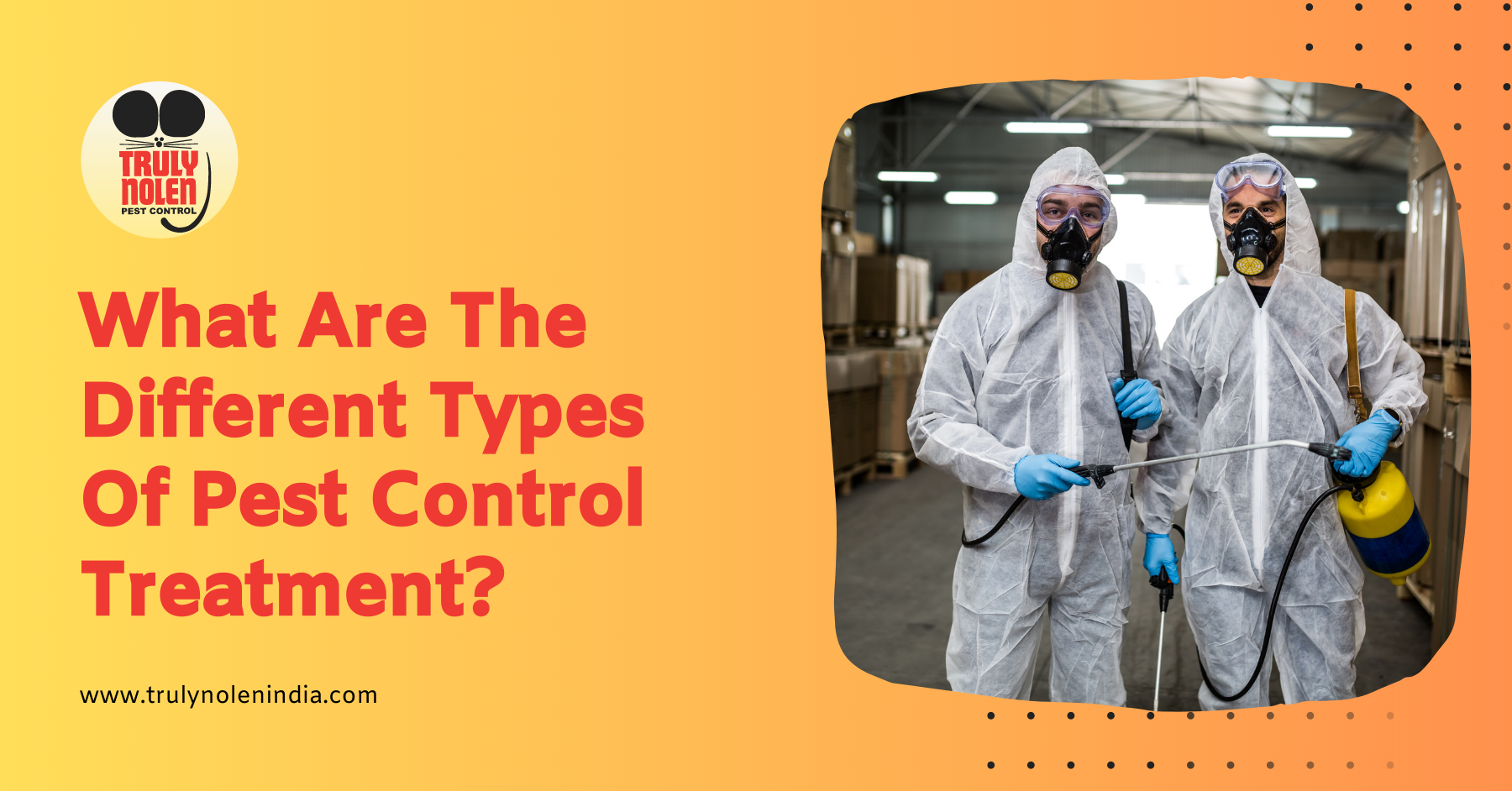The 6-Second Trick For Pest Control
Wiki Article
The Basic Principles Of Pest Control
Table of ContentsUnknown Facts About Pest ControlIndicators on Pest Control You Need To KnowThe Basic Principles Of Pest Control Pest Control for DummiesGetting The Pest Control To Work
Limitations of Chemical Management Be able to examine bug troubles, identify if management is required, and make proper recommendations making use of IPM techniques. Be acquainted with various methods of parasite monitoring - their advantages and restrictions.This chapter talks about (IPM), a strategy that uses expertise about insects and their, techniques, nonchemical techniques, and chemicals to manage bug troubles. Added information regarding IPM for specific plants is included in phases that focus on those plants. Nonchemical bug control measures are stressed in chapter 17, "Organic Gardening." Handling birds and animals is covered in phase 20, "Wildlife." Managing in the yard and garden is covered in chapter 6, "Weeds." Parasites in a yard or landscape may consist of bugs and termites, weeds,, creatures, and birds.
Bugs and weeds, however, play a function in the. After growing a garden or developing a yard, the natural process of plant sequence starts to restore and nonnative plants.
What we call "pests" become part of an all-natural system at the workplace. An environment has no pests. Only people take into consideration certain species pests when they happen where they are not wanted. We will be a lot more successful in managing undesirable types when we recognize that these organisms comply with foreseeable patterns that we can utilize to our advantage.
9 Simple Techniques For Pest Control
Pests vulnerable to a chemical were quickly killed, leaving resistant ones to breed and increase. It became clear that chemicals alone would not address all insect troubles.An IPM strategy allows some degree of pests in the setting. Insects are a lot less likely to survive a program that utilizes various methods of decreasing their populaces. Integrated bug monitoring was very first recommended by entomologists due to the fact that bugs were the initial team of bugs to prove hard to handle with chemicals alone.
A limit is the factor at which action should be taken. IPM has extended beyond pests to monitoring of all pest populaces: weeds, condition organisms, and animals.
Little Known Questions About Pest Control.
Monitoring rather than removal of insects is the goal. An IPM plan starts with a mindful evaluation of each pest problem. Just then can one decide about the proper strategies required to suppress insect activities. The life cycle of the parasite, feasible damage, all-natural adversaries, and results of climate, to name a few aspects, are taken into consideration before a control plan is implemented - Pest Control.Clover growing in a yard might be considered as an undesirable weed, yet as a bean it is synthesizing nitrogen for the dirt and the flowers are offering nectar to honey bees and various other. Tolerance for some weeds may become part of an IPM plan. might be consuming the leaves of a plant, but when they are recognized as the larvae of Eastern tiger swallowtail butterflies, their damages may be tolerated so we can appreciate important site the attractive butterfly.

The second most crucial tool in pest management is very early treatment. Being existing and observant in the yard makes sure very early detection. Reacting to troubles rapidly, before they have time to multiply, needs a much less significant intervention. The 3rd essential device is recordkeeping; tracking what occurs in the garden enables a gardener to identify patterns and make informed decisions.
The Facts About Pest Control Revealed
Several risk-free, sensible, nonchemical techniques of plant protection and insect administration might decrease or get rid of the need to spray. Other approaches are most valuable when utilized with pesticides. To implement monitoring techniques correctly and to decrease losses, garden enthusiasts should recognize the kinds of parasites that attack plants and comprehend pest biology.
Conducting a dirt examination and using just the suggested amount of plant food and lime makes best use of the advantage to the plant while reducing troubles connected to extreme use plant food - Pest Control. Covering the dirt with numerous inches of compost protects the plant in a number of ways: web link lowering soil water loss to evaporation, reducing weed competitors, giving nutrients, and creating an ideal environment for earthworms and microbes that maintain the dirt loosened for roots and damage down natural product to launch nutrients
If mulch touches the trunk, it can create a method for voles, bacteria, and fungis to strike the plant. Do not make use of manure or garden compost that has not thoroughly disintegrated as a top dressing because it can urge undesirable pests. Research study recommends that tilling the dirt is damaging to soil framework.
Get This Report about Pest Control
If tilling is regarded essential, take into consideration doing it in the fall when the life cycles of numerous bugs brings them near the surface. At the surface, insects become revealed to the weather condition along with birds and other all-natural opponents. Fall tilling can additionally damage insects in plant deposits. Use healthsome and insect-free certified seeds and plants if available.Report this wiki page